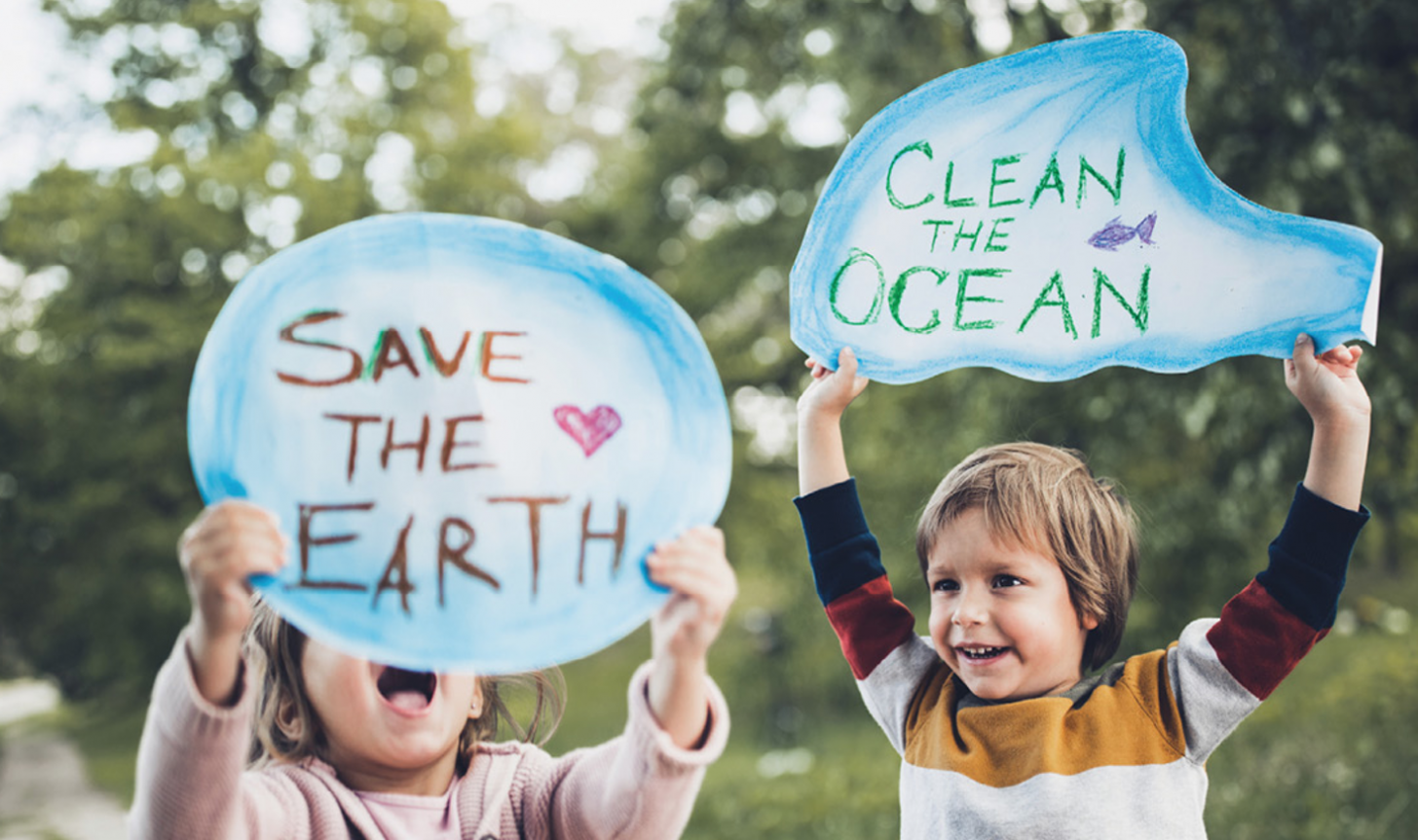Each year the IEUA NSW/ACT Branch offers its Teachers Mutual Bank Environment Grants to a selection of winning entrants to develop a green project at their school or centre.
In 2019, three of the six winning entries were from the early childhood sector, including Old Bar Preschool, KU Pymble and Uniting St Luke’s Preschool Belmont North.
KU Pymble teacher Catherine Atherton explains what the grant means to her centre.
“KU West Pymble has always been interested in environmental issues, especially sustainability. This year, we enjoyed being part of a pilot project initiated by KU Children’s Services called Becoming Eco Smart within KU, an education for sustainability program for children/families and educators,” Atherton said.






































































































































